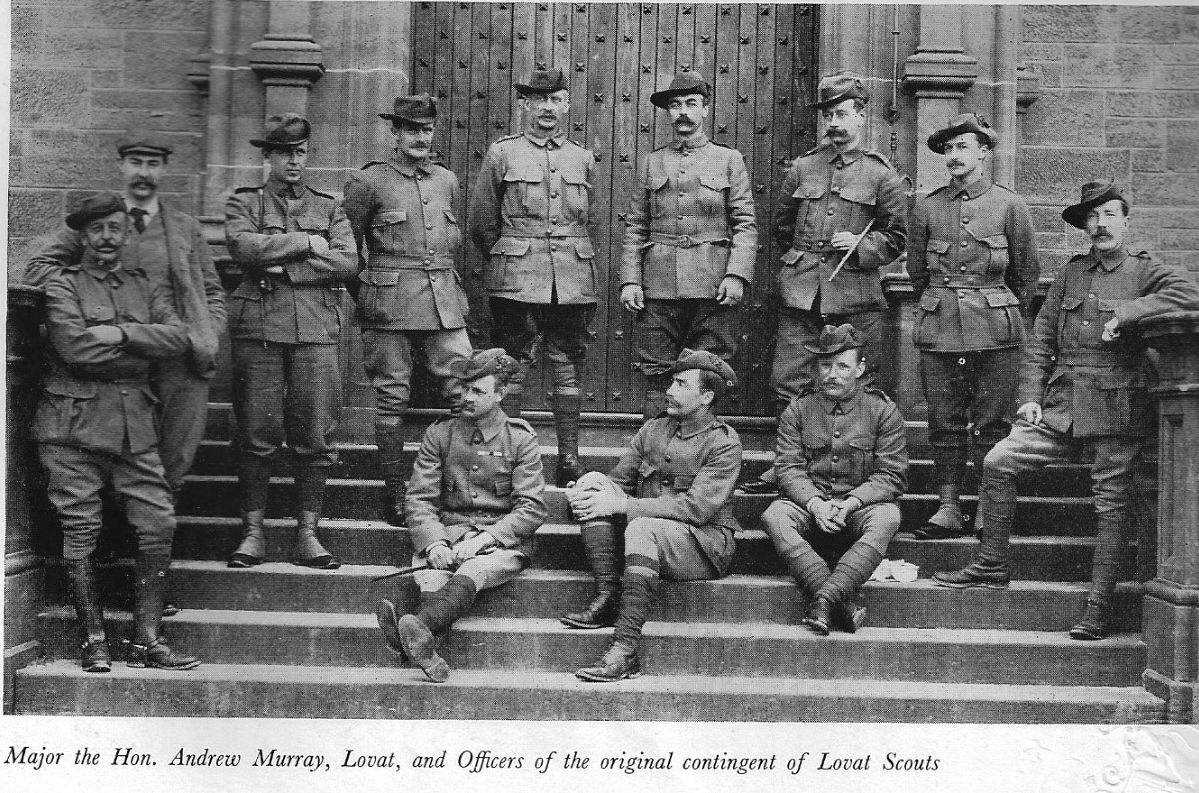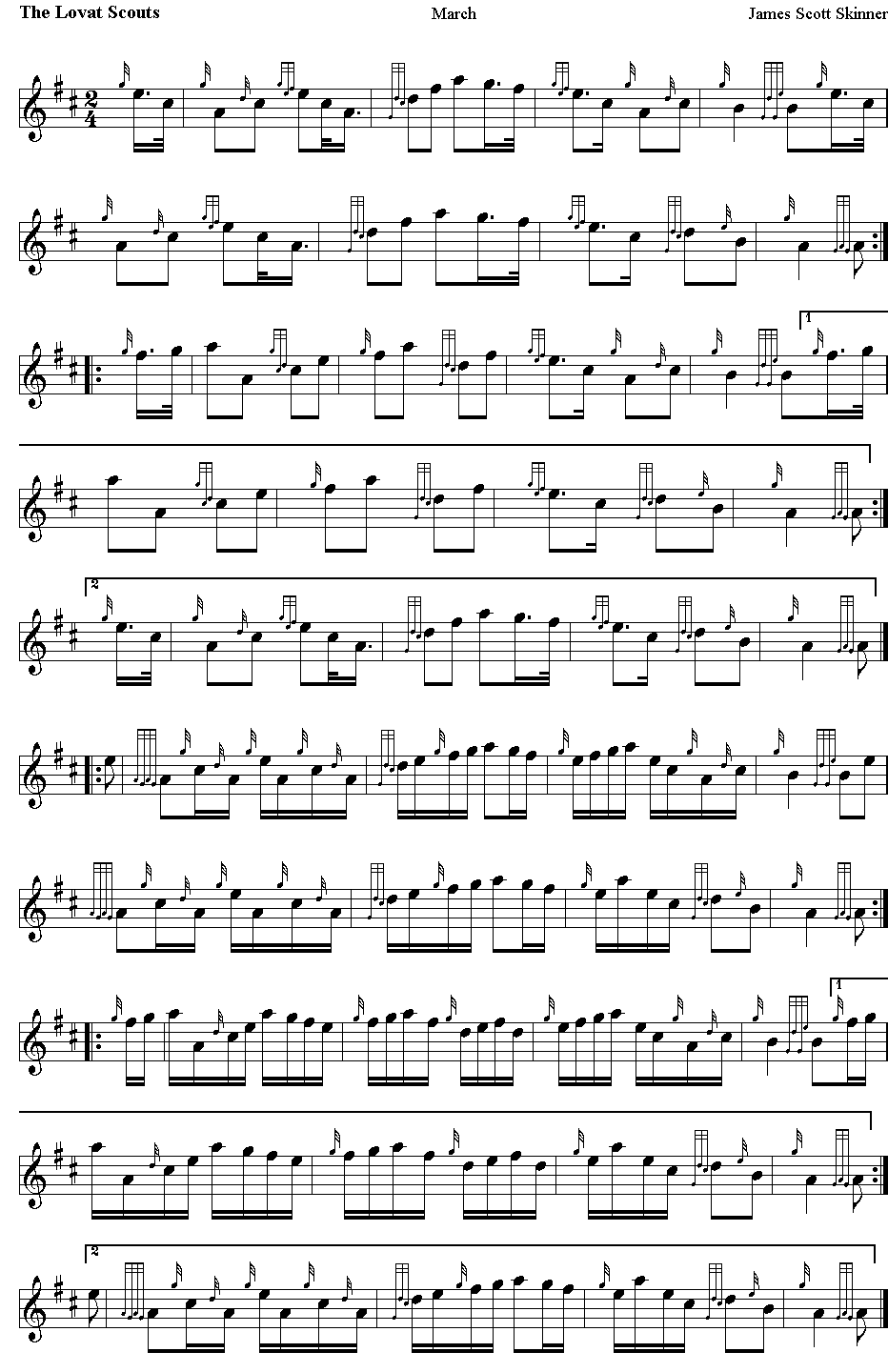 |
||

Best viewed in
|
The Lovat Scouts was formed in January 1900 for service in the Second Boer War by Simon Fraser, 14th Lord Lovat. Recruited initially from gamekeepers on Highland estates, the unit was commanded by an American, Major Frederick Russell Burnham, the British Army Chief of Scouts under Lord Roberts, who fittingly described Lovat Scouts as "half wolf and half jackrabbit". Burnham would later go on to become one of the founders of the Boy Scouts. Well practiced in the arts of marksmanship, fieldcraft and military tactics, they were also phenomenal woodsmen always ready to tempt fate, but also practitioners of discretion: "He who shoots and runs away, lives to shoot another day." Lovatís scouts have the distinction of being the first military unit to wear a Ghillie suit. Lovat scouts were attached to the Black Watch, but were disbanded in July 1901 while two companies (the 113th and 114th) were formed for the Imperial Yeomanry. After the end of the Second Boer War in June 1902, the two companies of the Imperial Yeomanry returned to the United Kingdom on SS Tintagel Castle two months later, and were disbanded. The unit was reformed the following year, consisting of two regiments, titled the 1st and 2nd Lovat Scouts. From these scouts a sharpshooter unit was formed and formally become the British Army's first sniper unit. The regiment was disbanded in August 1902 but reformed as Lovat's Scouts Imperial Yeomanry in March 1903. It reverted to the Lovat's Scouts in April 1908. The regiment was based at Croyard Road near Beauly at this time. The regiment was to have famous Willie Ross as pipe-major during the later stages of his career (his father had worked for the Lovat Estate), and be commanded by J.P. Grant of Rothiemurchus, Lovat's successor as president of the Piobaireachd Society. The tune fors part of James Scott Skinner's sequence of marches named for Scottish regiments. It is given in its original four parts; usually the first two only are played by pipers.
|
|

